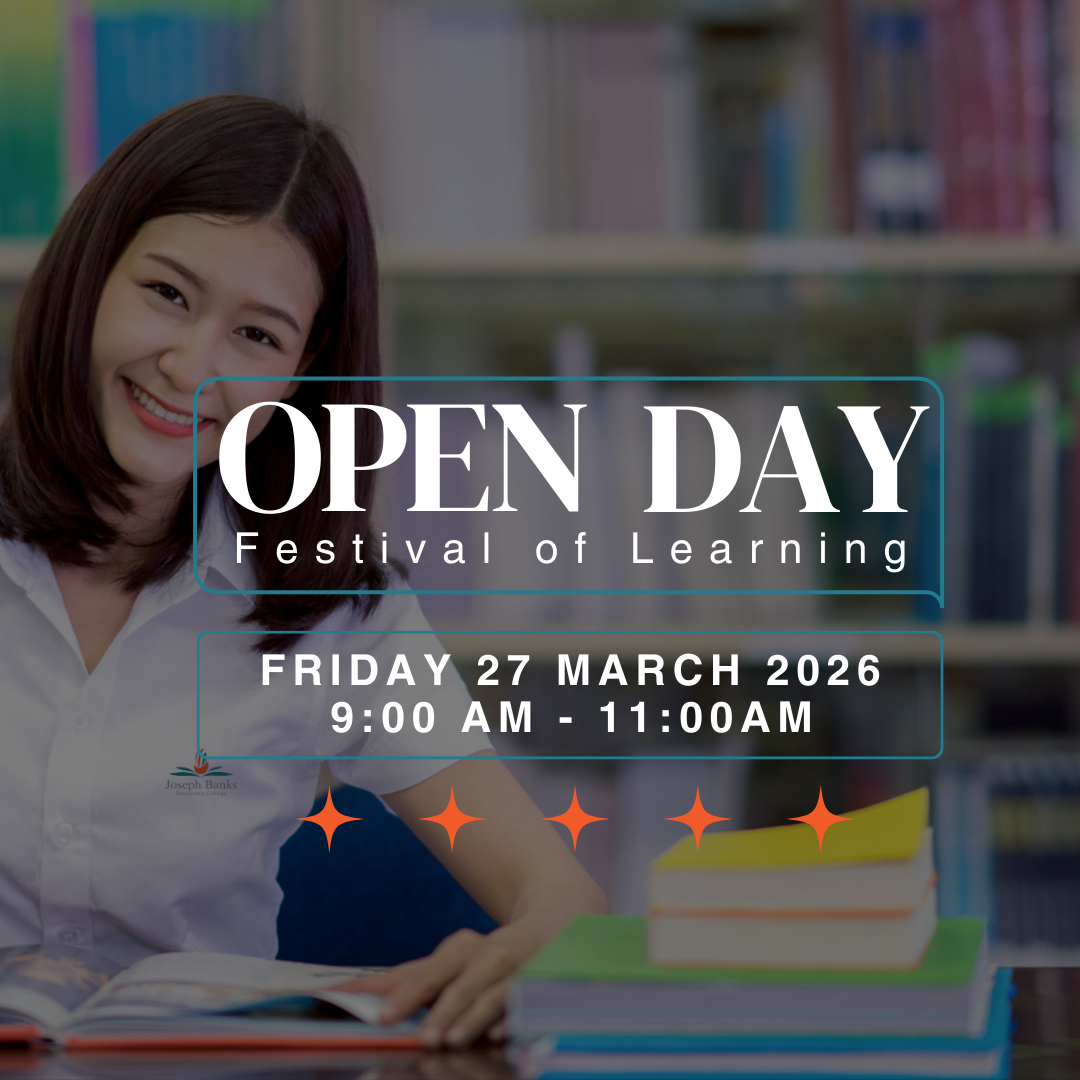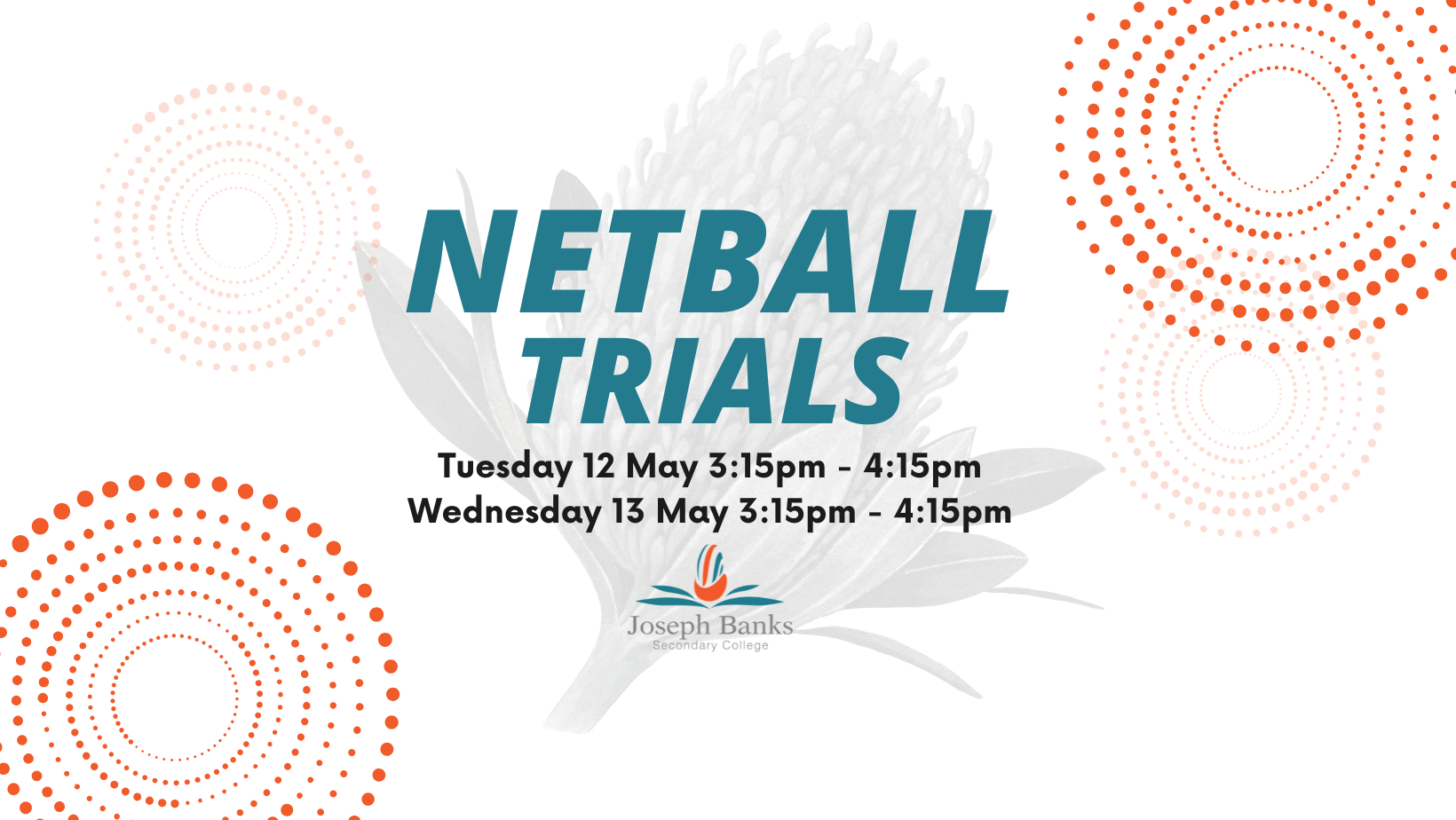Music (ATAR)
Course Code: AEMUS/ATMUS
Domain: The Arts
Timetable: Semester 1 and 2
Length of Course: 2 Years
Unit Information
The Music ATAR course provides students with the opportunity to reach their full creative and expressive potential.
Throughout the two units, students will develop a strong foundation in both performance and audience engagement, honing their individual and collaborative skills. They will deepen their music literacy, exploring how the elements and characteristics of music can be applied, combined, and manipulated across various contexts, including performance, composition, listening, and analysis.
Students will examine the influence of social, cultural, and historical factors on music, developing a deeper understanding of music conventions and practices in Contemporary, Jazz, and Western Art music. Critical listening and thinking skills will be central to their development as they compare and analyse musical works, refining their aesthetic understanding.
Year 11
Unit One
Across the two units, students extend and apply their skills, knowledge and understanding of music to create, communicate and evaluate music ideas with increasing depth and complexity. They continue to develop and consolidate aural and music literacy skills, learning how the elements of music can be applied, combined and manipulated when listening, performing, composing and analysing music.
Students explore how social, cultural and historical factors shape music, developing an understanding of music conventions and practices in the specific context selected for study. They apply critical listening and thinking skills and develop aesthetic understanding through comparing and analysing musical works.
Students are encouraged to reach their creative and expressive potential, developing skills and stylistic awareness to confidently engage in music making as performers and/or composers and audience members, both individually and collaboratively.
Unit Two
Across the two units, students extend and apply their skills, knowledge and understanding of music to
create, communicate and evaluate music ideas with increasing depth and complexity. They continue to
develop and consolidate aural and music literacy skills, learning how the elements of music can be applied,
combined and manipulated when listening, performing, composing and analysing music.
Students explore how social, cultural and historical factors shape music, developing an understanding of
music conventions and practices in the specific context selected for study. They apply critical listening and
thinking skills and develop aesthetic understanding through comparing and analysing musical works.
Students are encouraged to reach their creative and expressive potential, developing skills and stylistic
awareness to confidently engage in music making as performers and/or composers and audience members,
both individually and collaboratively.
Year 12
Unit Three
Across the two units, students extend and apply their skills, knowledge and understanding of music to
create, communicate and evaluate music ideas with increasing depth and complexity. They continue to
develop and consolidate aural and music literacy skills, learning how the elements of music can be applied,
combined and manipulated when listening, performing, composing and analysing music.
Students explore how social, cultural and historical factors shape music, developing an understanding of
music conventions and practices in the specific context selected for study. They apply critical listening and
thinking skills and develop aesthetic understanding through comparing and analysing musical works.
Students are encouraged to reach their creative and expressive potential, developing skills and stylistic
awareness to confidently engage in music making as performers and/or composers and audience members,
both individually and collaboratively.
Unit Four
Across the two units, students extend and apply their skills, knowledge and understanding of music to
create, communicate and evaluate music ideas with increasing depth and complexity. They continue to
develop and consolidate aural and music literacy skills, learning how the elements of music can be applied,
combined and manipulated when listening, performing, composing and analysing music.
Students explore how social, cultural and historical factors shape music, developing an understanding of
music conventions and practices in the specific context selected for study. They apply critical listening and
thinking skills and develop aesthetic understanding through comparing and analysing musical works.
Students are encouraged to reach their creative and expressive potential, developing skills and stylistic
awareness to confidently engage in music making as performers and/or composers and audience members,
both individually and collaboratively.
Pathway Information
Tertiary
Workforce
Students undertaking this course may wish to consider tertiary studies in:
- Bachelor of Music
- Diploma of Music Industry
This course suits direct workforce entry into the following:
- Musician
- Composer
- Music Tutor
- Audiovisual Technician
Additional Information
Estimated Charges: $140 per year





